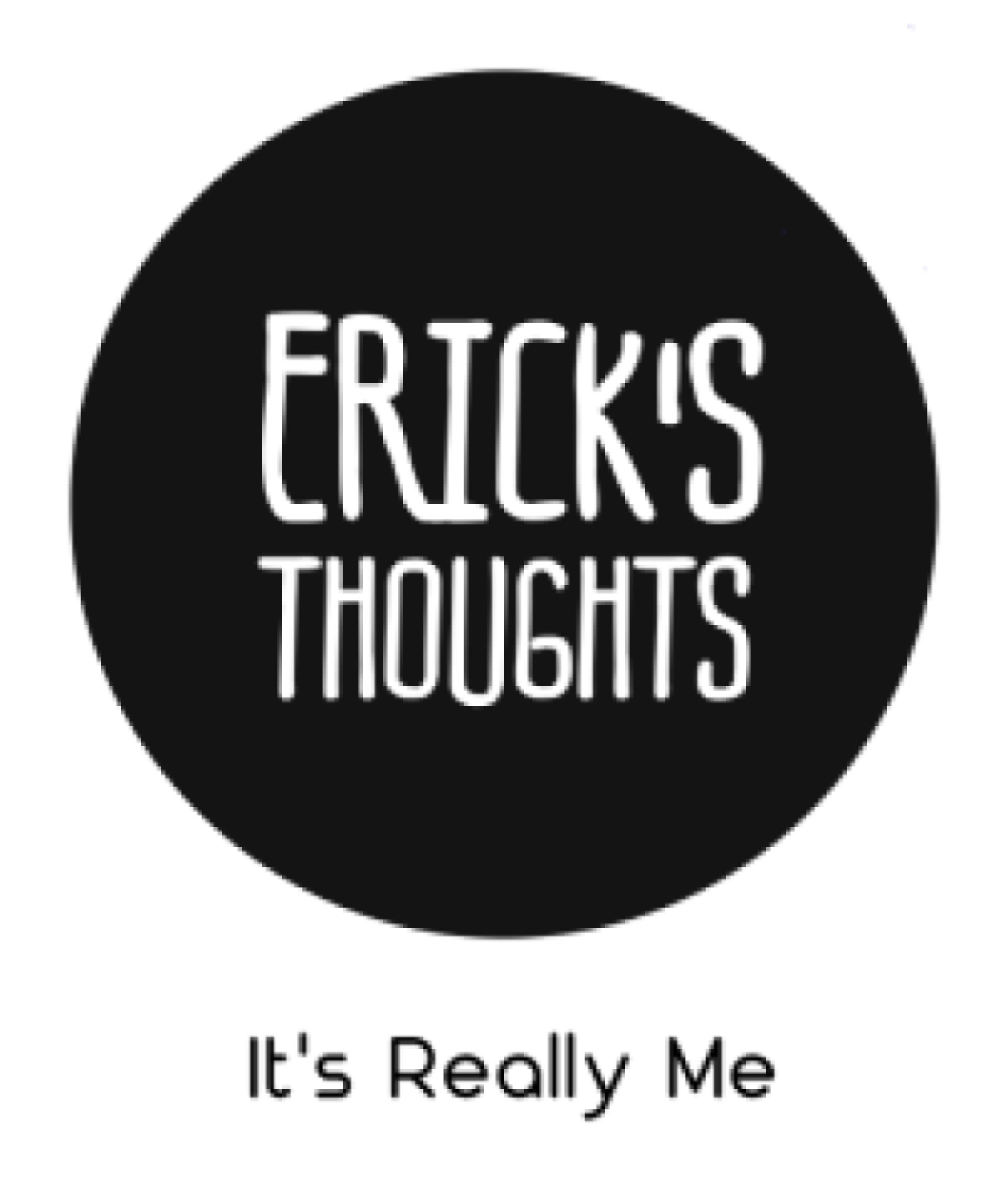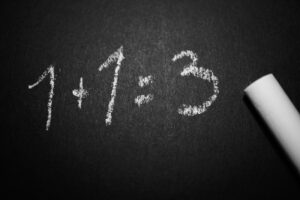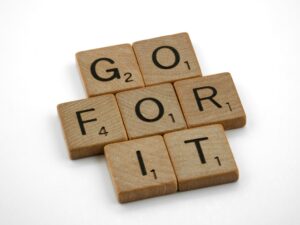At some point in high school, I had the not so novel idea that all the subjects I was learning were related. Then, it felt like a cool insight because I used to treat different classes as different worlds. In math I use my math skills and in reading I use my reading skills. The relationships aren’t earth shattering, they are more small curiosities. For example, philosophy is thought of as a thing where people ask mostly useless questions. Some of these old questions that focused on natural phenomena spurred rigorous investigations which became science. Science itself is oriented by what the people of the age are curious about (aka history). As a historical example, the atomic bomb was invented (with math / science) in the 1940s in a wartime scenario (brings in government and politics). The aftermath of WWII along with other societal factors (anthropology) inspired / influenced writers and poets to create content addressing those feelings (aka literature). So when you’re reading a novel, really you are reading something that a real human who lived in a certain time period wrote – knowingly or unknowingly for a whole host of reasons – to address their feelings or their questions. If you roll all these connections back up, the common denominator really is knowledge, time, and curiosity (in no particular order).
Looking back, this feels more like the first bud of an idea or philosophy that has grown with me (actually more like I grew more able to see what was already there). I am not trying to write a philosophy about how we know things, which is epistemology. What I am saying is that when we know things we necessarily know other things / know of other things since that knowledge is definitely connected to other knowledge. With time passing, more stuff happens giving us more ammo to connect the dots. Perhaps this is spurred on by some sort of natural curiosity to understand the world we live in, otherwise we would let most potential knowledge float away, because who cares. So, this idea went from ‘all my subjects are connected’ to ‘all information is connected’.
I mentioned having ammo to connect the dots. When I say connected, my mental image is a simple network where all individual bits of information are dots and there’s a bunch of lines connecting the dots – a network is also a system. It is mainstream to talk about the educational system, the political system, the financial markets (a system). As I lived life, I started to uncover lines between systems, revealing even larger systems – maybe what it feels like for a 2D shape to learn about the third dimension.
Perhaps the largest system of them all is our experience of life. The world and all the things in it (mountains, oceans, cities, people, events, products, science, love) are the dots in a network connected by our human rationality. They are the things, and then reality exists because I think about it. The more I think about it and the more dots I connect the richer my experience of life should be. Not to be mistaken with experiencing a rich life.
Now back to Earth. Why did I say you need to know a lot to know one thing? Suppose I claim to know Fact A. Then, I learn a new Fact B. From Fact B, I can most likely draw an insight that sheds some light (even if marginal) on the original Fact A I claimed to know – a 2.0 version of understanding. The ‘problem’ is that I would have said I knew Fact A when I only knew Fact A by itself, and later I really knew Fact A when I also had the benefit of insights from Fact B. Technically I did know Fact A the first time, but how well did I know it? Not as well as I did later on. By this logic, we would never fully know anything and this will just spiral into infinite steps of knowing a tiny bit more.
This is consistent with my recent reading that suggests we might not ever be able to know anything, but that has a bit too much philosophical bent. We need to carry on with practical day to day life, and it would be too impractical to walk around claiming I don’t know and being non-committal in conversations and work. So, ironically, I think we should strive to know things well.
We should really try to hold ourselves to high standards and say we know something when we are comfortable that we have a fair grasp of it (think 80/20 rule) and try to avoid doing so when we actually know only 10-30% because then we just look silly. Ultimately, this is the difference between knowing a fact (or being able to say a fact) and having knowledge. Of course, no one knows everything, so there won’t be a good way to know when you’ve hit that threshold and know enough – we just gotta do our best with what we have. I think a rough rule of thumb is if there is at least 1 or 2 times when you thought to yourself ‘Oh! I was missing that part!’ or ‘Oh, that was stupid!’ or ‘Oh! It works like that!’ then you have probably walked along enough connecting lines and visited enough nearby dots that that piece of knowledge is not isolated in shadows but somewhat lit. Plus, you can always update your knowledge later if it turns out there were still big gaps, totally fine.
I’ll also add, I am sure there is something you know very well, more than the average person. Something where you meet someone and you can kind of tell if they get it or don’t or how much they get, because you have that perspective to measure. Everyone is holding some kind of ruler, let’s remember that. To not end on a dark note, I’ll also say it’s a great feeling to come across someone in your field of interest that makes you feel small, like everything you know is a speck. Even if it fades or my ego makes me feel small, the pure awe is magical and a signal that there is so much more to uncover if only I keep going.



